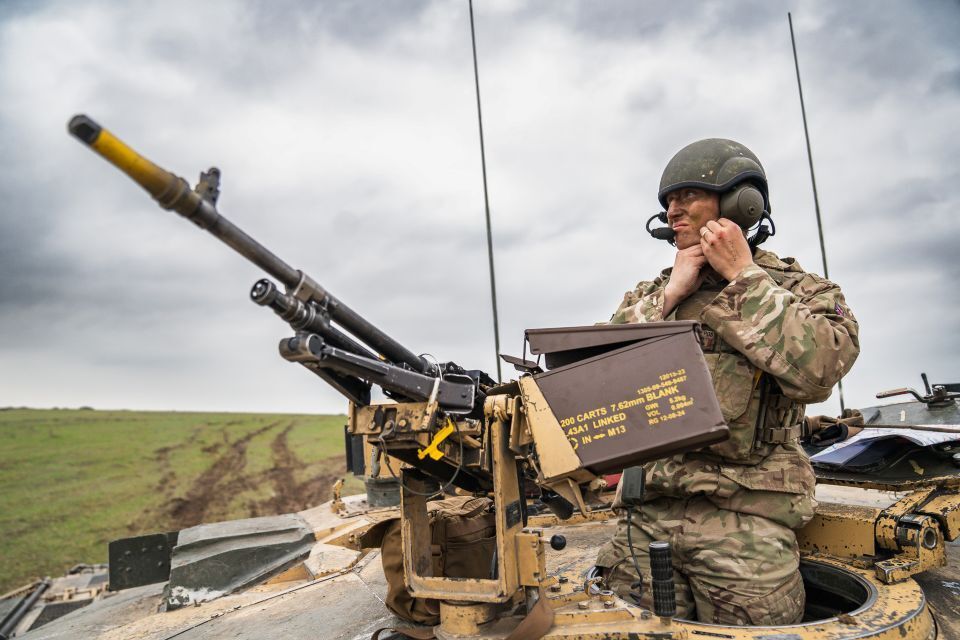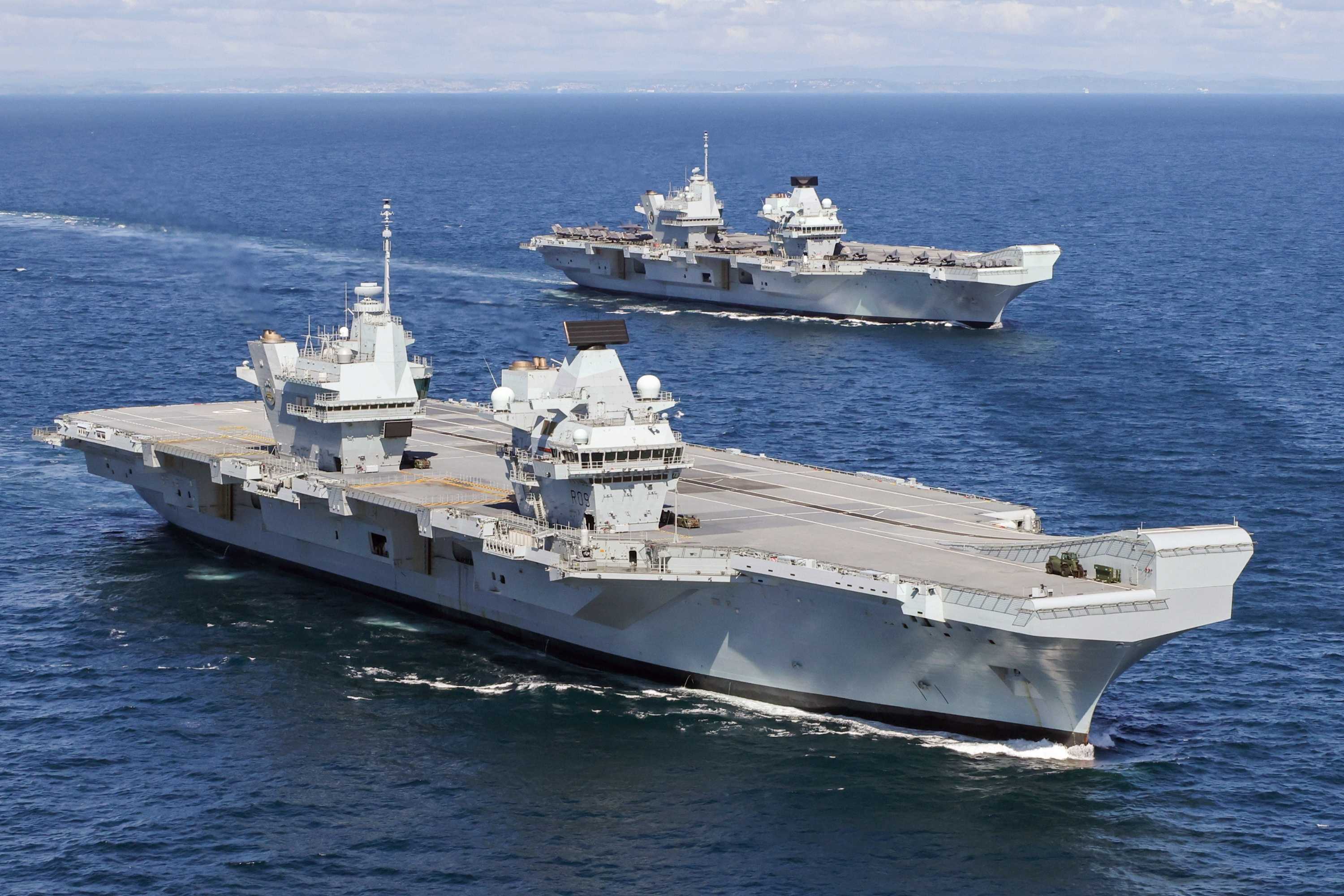Babcock marks 40th anniversary of Falklands Conflict
Above:
(left to right) Grant Steven ( Programme Director – Babcock) Alf Ramsay, (Production Engineer - Babcock) and Lord Lieutenant of Fife, Robert Balfour, Mark Beverstock (Rear Admiral- Retired).
Courtesy Babcock
To mark this anniversary, more than 50 current and former Babcock employees, Royal Navy personnel, armed forces veterans and representatives from the local community attended a service which included the unveiling of a plaque on the site.
The Royal Marine band provided an uplifting welcome at the event, where historical artefacts, photographs and personal memories of the conflict were on show for those attending.
Sean Donaldson, Managing Director at Babcock Rosyth, said: “This year marks the 40th anniversary of the Falklands conflict. Rosyth Dockyard employees played an important role in the national effort, supporting some of the fleet at the outbreak of the conflict, including the conversion of five trawlers into minesweepers.
“The Rosyth event is one of a number of commemorative events Babcock is proudly supporting throughout the UK this year.”

“When ships returned to Rosyth from the Falkland Islands, including HMS Plymouth, the entire yard was down at the South Arm to cheer them back in.”
Brigadier Andy Muddiman ADC Royal Marines, Naval Regional Commander Scotland & Northern Ireland said: “It’s very gratifying to see, as we begin the Falklands 40th anniversary period here in Scotland, that we are quite rightly focussing on the significant efforts of our colleagues who worked in the Rosyth Dockyard at the time. It was down to their efforts and those of other Dockyard personnel around the country, that Britain was able to achieve such a huge undertaking.
“To refit and in some cases completely outfit from scratch a number of merchant ships, in just a few days, for a purpose they hadn’t been designed for, to then sail some 8000 miles and operate as part of a quickly created Task Force within a war zone, was an incredible task. As much as it was the soldiers, sailors, marines and airmen who fought the war, they couldn’t have done that without the extremely important preparation.”
Rosyth refits
Sea mines were laid off Port Stanley following the Argentine invasion, which was detected by a British submarine nearby. This raised concern that the approaches to the selected landing sites may also have been mined. The existing Royal Navy ‘Ton’ Class minehunters were coastal ships, with a short range and completely unsuited for the South Atlantic weather. A cold war plan for using deep sea trawlers refitted with specialist equipment was called into action. Accordingly, five Hull trawlers were requisitioned, some of which were fishing on the high seas when they had word. Each one was told to proceed to Rosyth and if needed were met by freezer trucks waiting on the jetty. They were emptied of catch and fishing gear before being fitted out as Minesweepers Auxiliary (MSA) and all within a couple of days. The five converted trawlers were crewed entirely by the Royal Navy, mainly from the Rosyth-based 1st Mine Counter Measures (MCM) Squadron and were hastily commissioned as HM Ships Cordella, Northella, Junella, Pict and Farnella as the11th MCM Squadron.
HMS Plymouth was a Rothesay-Class Frigate which was based out of HM Naval Base Rosyth (as it was in 1982). She was deployed in the Mediterranean when the invasion took place and was hastily re-tasked to sail for the Falklands, being one of the first Royal navy ships to arrive. Taking part in the recapture of South Georgia in late May, her Wasp helicopter was involved in the attack on the Argentinian submarine Santa Fe which subsequently allowed a small combined force of SAS, SBS and Royal Marines to land and capture the Argentinian garrison. The ship suffered damage on 8 June when an air attack resulted in 5 bombs hitting her, all of which failed to explode but started a fire and destroyed her anti-submarine weapons. One bomb went straight through her funnel. Five men were injured in the attack but the ship was able to be repaired and after hostilities ended Plymouth was the first British warship to enter Port Stanley harbour on 17th June. She returned to Rosyth Dockyard on 14th July for a full repair and refit. During the course of the war she fired 909 of her stock of 4.5 inch shells and nine Seacat anti-aircraft missiles.












